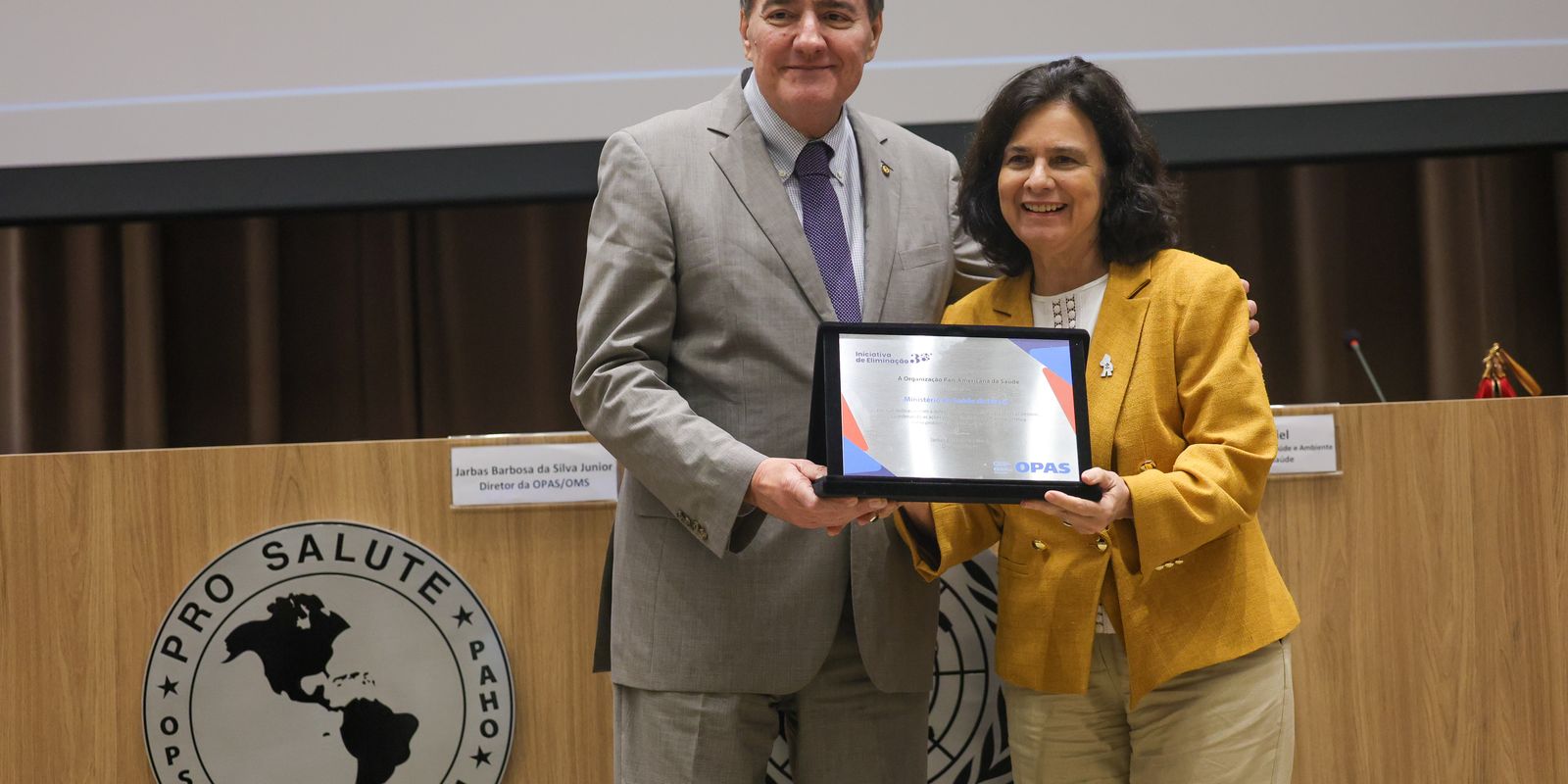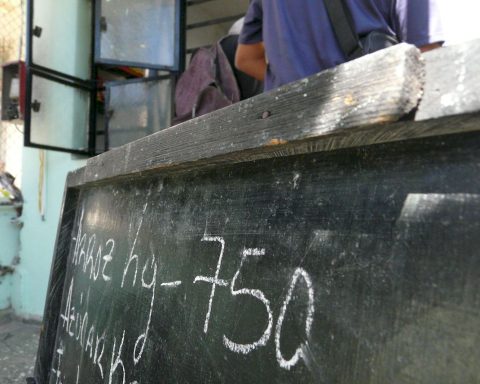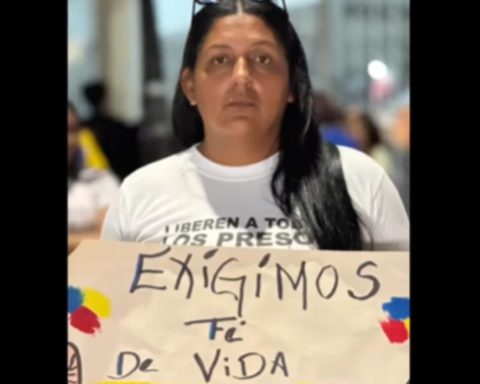Brazil received this Monday (11) the certificate as a country free from lymphatic filariasis, a disease popularly known as elephantiasis. The document was delivered to the Brazilian government by the World Health Organization (WHO) during a ceremony at the headquarters of the Pan American Health Organization (PAHO), in Brasília.
“Eliminating a disease is a huge effort due to the relationship between some diseases and poverty, a vicious circle relationship. It is the poorest who get sick the most and, when they get sick, they become even poorer. They lose productivity, the family has more expenses to take to the health unit, to rehabilitation”, assessed the director of Opas, Jarbas Barbosa.
In his speech, Jarbas Barbosa said that eliminating diseases that can be eradicated must be a priority strategy. “It’s not just about public health. We are talking about an ethical and moral imperative. If we have the tools to eliminate a disease, we have to identify where the affected people are, what barriers exist, and develop new strategies”, he stated.
“So that we can remove barriers and make people benefit from the innovations that are being developed”, he said, citing as an example new medicines, vaccines, laboratory tests or even different ways of organizing services, so that there is more access.
“It’s a congratulation and a challenge. Just as it was possible to eliminate filariasis, it is possible to eliminate onchocerciasis, trachoma, and make great progress with tuberculosis and HIV. I think Brazil has all the conditions to continue being this regional leader”, added Jarbas, highlighting the commitment of states and municipalities and also academic and scientific institutions.
During the ceremony, the Minister of Health, Nísia Trindade, highlighted that diseases such as lymphatic filariasis not only reflect social inequalities as a cause, but also reinforce conditions of poverty. “They are causes and effects at the same time. That’s why this moment is so special.”
“People affected by lymphatic filariasis, it is to these people that we dedicate this certificate. It is to these people that we hope to be able to redeem, in some way, a historic debt in this country, which is the debt of caring, of not allowing the so-called diseases of poverty – and they are not diseases of poverty, they are diseases of omission, of lack of care. ”, he added.
Understand
Considered one of the biggest global causes of permanent or long-term disability, lymphatic filariasis or elephantiasis remained endemic in Brazil only in the metropolitan region of Recife, including Olinda, Jaboatão dos Guararapes and Paulista. According to the Ministry of Health, the last confirmed case was registered in 2017.
Caused by the nematode worm Wuchereria Bancrofti, the disease is transmitted by mosquito bites Culex quiquefasciatusknown as mosquito or muriçoca, infected with parasite larvae. Among the most important clinical manifestations are edema or abnormal accumulation of fluid in the limbs, breasts and scrotum.
Global scenario
According to the WHO, Brazil joins 19 other countries and territories also certified for the elimination of lymphatic filariasis as a public health problem: Malawi, Togo, Egypt, Yemen, Bangladesh, Maldives, Sri Lanka, Thailand, Cambodia, Cook Islands , Kiribati, Laos, Marshall Islands, Niue, Palau, Tonga, Vanuatu, Vietnam and Wallis and Futuna.
In the Americas, three countries remain classified by the entity as endemic for the disease: Dominican Republic, Guyana and Haiti. According to the WHO, in these countries, mass administration of medicines capable of interrupting the transmission of the disease is necessary.
WHO data shows that, in 2023, 657 million people in 39 countries and territories lived in areas where mass treatment against lymphatic filariasis is recommended. The strategy consists of administering preventive chemotherapy to stop the infection. The goal set by the WHO is to eliminate at least 20 neglected tropical diseases by 2030.

















